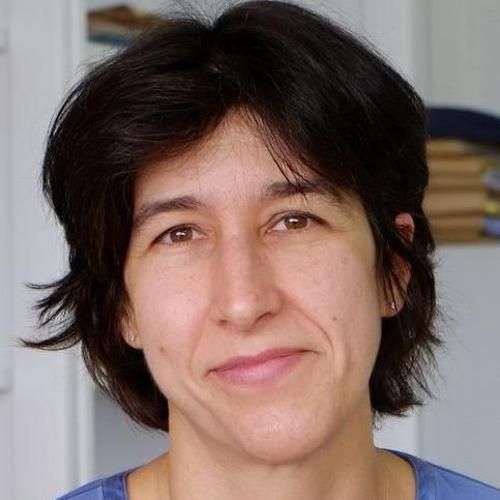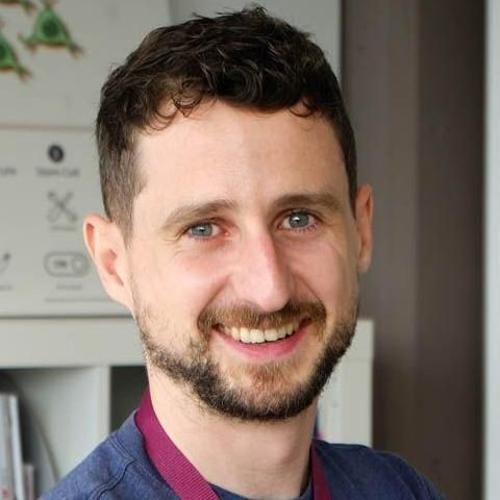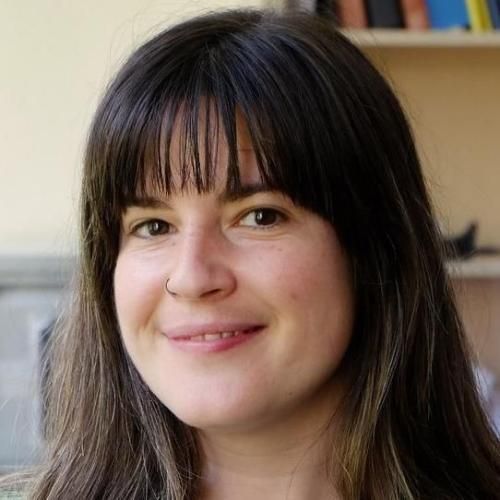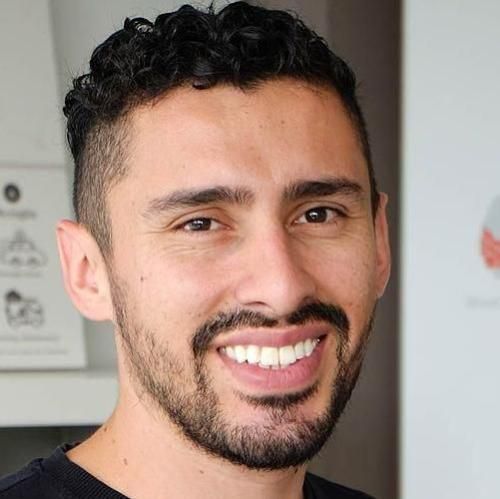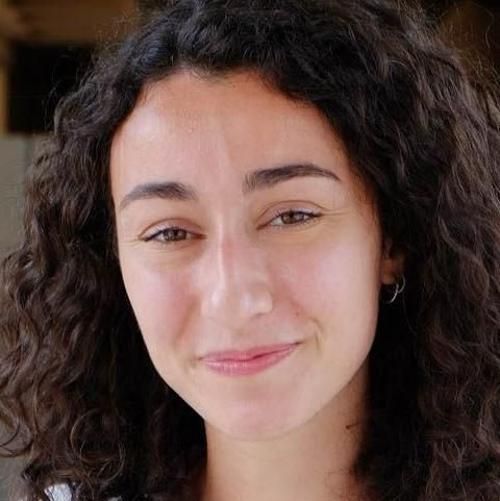Laboratory of Cellular Basis of Behavior and Disease
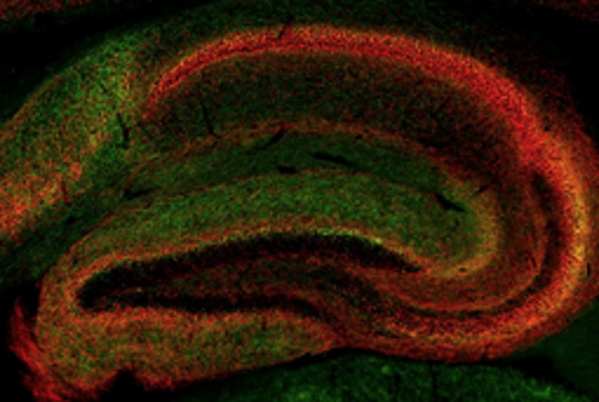
Arduraduna: Susana Mato SantosEdgar Jesús Soria Gómez
Ikastegia: Achucarro Basque Center for Neuroscience
Posta elektronikoa: JM.Encinas@achucarro.org
Web-orria: https://www.achucarro.org/laboratory/cellular-basis-of-behavior-and-disease/
- Neuroglia basis of behavioral processes - Edgar Soria-Gómez My research lines focus on the description of brain circuits responsible of behavioral processes in males and females. Our interest is to identify cell-type specific mechanisms responsible of cognitive- and emotional-related behaviors. In particular, we use the cannabinoid receptor type-1 (CB1) as a tool to study complex brain functions. One of my lines of research is devoted to the study of the functional interaction of the endocannabinoid and cholinergic systems at different levels, from genetics to behavior. Specifically, this project aims at understanding the physiological basis of memory processes with the ultimate goal of developing therapeutic approaches to treat neurodegenerative diseases. A second research line of my group focuses on the study of emotional states, which occur as a result of an orchestrated body activity. In the brain, different structures participate in the processing of emotional information. Among them, the medial habenula (MHb) is critically positioned as an interface between brain regions coding aversive signals and areas regulating emotional responses. Moreover, the MHb is a sub-ventricular structure hosting a great variety of specialized cells: tanycyte-like cells, mast cells, astrocytes, and different neuronal phenotypes. Furthermore, the neighboring vasculature possesses increased transport function, evoking sensitivity to peripheral modulators of brain functions. However, the functional link between specific MHb cell types, peripheral signals and a given pathophysiological process is unknown. We propose that the MHb cellular milieu is a perfect candidate to study the influence of peripheral signals on the pathophysiology of emotional responses. - Endocannabinoids and neuroglial cells - Susana Mato The CB1 receptors are heterogeneously expressed in neurons and glial cells and profile as a therapeutic tool to tackle a variety of neurological disorders including demyelinating conditions. However, clinical success has been limited and major questions concerning cannabinoid signaling remain unsolved particularly with regard to their role as modulators of glial cells (http://doi.org/10.1002/glia.24172" \t "_blankGlia 2022). The aim of my lab is to decipher how cannabinoid CB
Ikertzaileak
Sailkapenak
- Ikastegiak: Achucarro Basque Center for Neuroscience


